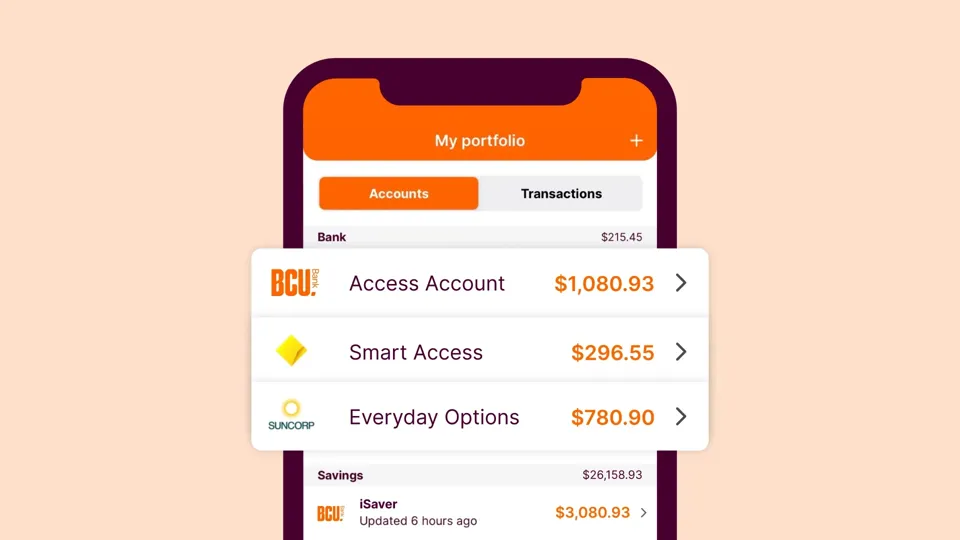
As Ned Stark famously said in Game of Thrones, “Winter is coming”. Living in Australia, we all tend to like warmer temperatures, so when the cooler weather arrives, we crank up the heat in our homes – but that can be a problem when the energy bill arrives in the mailbox.
You may not be feeling chilly just yet, but that just means you still have time to get prepared and help keep your winter power bill as low as possible.
1. Understand your energy use
Take a look at last year’s electricity, gas, and water bills to see how much power you used over the winter period. Your bill will show how much you paid, so you can get an idea of how much you need to budget for to cover this winter.
Bear in mind though that energy prices have increased since last year, so plan for a buffer if you can. Need help getting a started with a budget? Give our budgeting app, mymo by BCU, a try.
2. Check your insulation
It’s not really surprising that most Australian homes are not built for low temperatures (it’s not just us with single-pane windows, right?). Don’t worry though, there are some simple things you can do to help improve your home’s temperature this winter.
- Fill in any gaps around your doors and windows. Depending on when your home was built, normal structural movement could mean there are spots where the cold can seep in – and worse, warm air can get out!
- Got an attic or a roof hatch? Lay some extra insulation down in your roof space or plug any gaps there may be. Be careful and get assistance from a mate to avoid any nasty accidents.
- If you have windows that catch the winter sun, you can tape bubble wrap over them. This can help keep the room warmer as the pockets of air get warmed by the sunlight.
- Make or purchase a few draft excluders and lay them across the bottom of your external doors to keep out any annoying drafts. They don’t have to be ugly, there’s plenty of options to choose from in the shops already!
3. Dress for the season
At home watching TV? Wrap up in an extra jumper or sweatshirt while you’re sitting still. Try some nice woolly socks or fluffy slippers to keep your feet warm – and an extra blanket (or two) on your sofa is always nice and cosy.
4. Only heat the rooms you’re using
Heating your home office when you’re in the kitchen working is a waste of energy, and money! As is heating your bedroom if you’re in another room working from home.
By only heating the rooms that are in use, you can reduce how much power you use. To be even more energy efficient, close internal doors when you’re not using a room. This will help keep them warmer for longer.
5. Conserve energy
It’s not new advice but unplug appliances when you’re not using them! A TV on stand-by still uses power, which means you’ll have to pay for it.
If you have a more energy-efficient option for an appliance, try and use it. For example, most conventional ovens use a lot of power while they heat up and to maintain the cooking temperature. Do you have an air-fryer or microwave you can use instead? If you do use your oven, try and use it to its full potential and do some batch cooking.
When it’s laundry time, avoid your dryer where you can. Hang your washing to dry inside – or if the winter sun is shining, hang your clothes outside instead and take advantage of the free energy.
As in summer, there’s an ideal temperature for your air-con/heating to run at in winter – but it’s not 24 degrees. Most energy companies recommend setting your heating between 18-21 degrees during the cooler months. This heats without using an excessive amount of power.
Find out about government energy bill relief that may be available to you:
Important information
Banking and Credit products issued by Police & Nurses Limited (BCU Bank).
Any advice does not take into account your objectives, financial situation or needs. Read the relevant terms and conditions, before downloading apps or acquiring any product, in considering and deciding whether it is right for you. The Target Market Determinations (TMDs) are available on our website or upon request.
